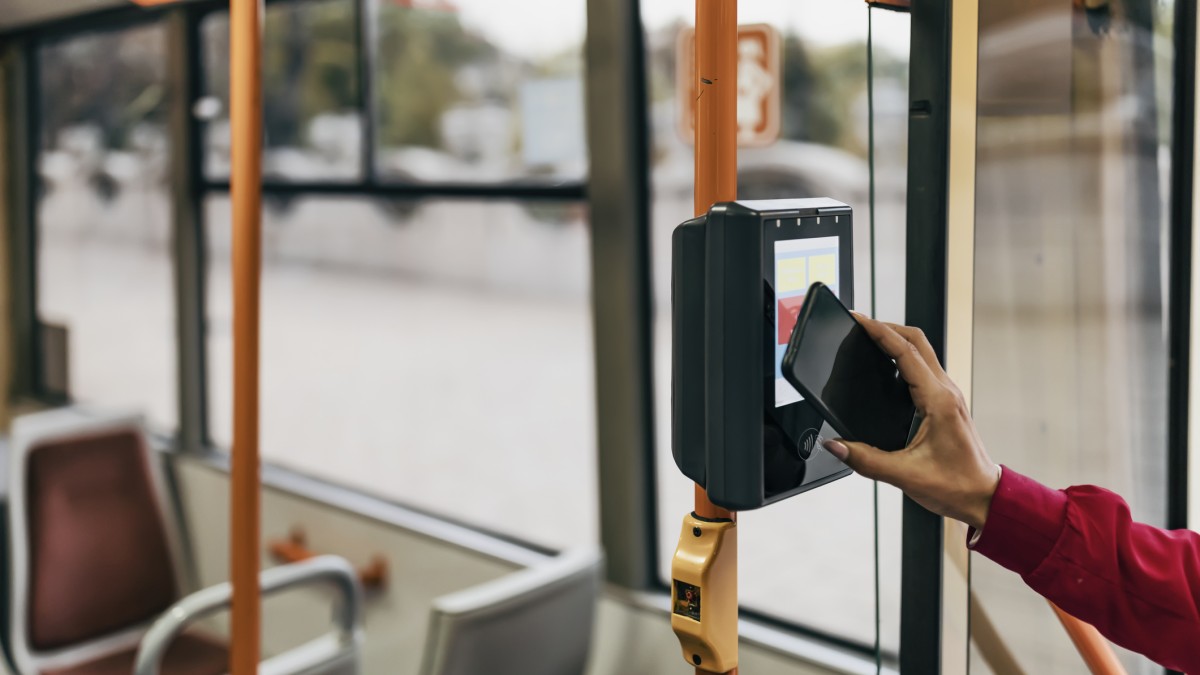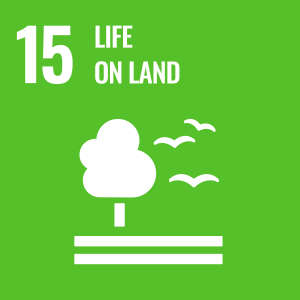Smart payments could be the key to reviving bus travel in Southern England
Public transport in Southern England is struggling, not just because of cost or convenience, but because it has failed to keep up with the digital age, according to a new study from the University of Surrey.

In a study published in Public Transport, researchers simulated improvements in areas like payment convenience and real-time service updates. The study found that these tech-driven changes could boost bus ridership by over 30%.
Researchers have found that simple innovations, such as easy payment systems, e-ticketing, and mobile applications, can transform public transport, boost ridership, and improve passenger satisfaction.
The study employed a novel analytical approach, Machine Learning Influence Flow Analysis (MIFA), to understand the attitudes and behaviours of bus passengers in Southern England. The team also analysed detailed survey data, which helped them identify the key factors that influence whether people choose the bus over their private cars. These factors where: addressing issues around payment convenience and real-time information can make buses far more appealing.
Dr Wolfgang Garn, one of the authors of the study and Associate Professor in Analytics at the University of Surrey, said:
“We discovered that passengers want a seamless, hassle-free experience. If paying for a bus journey feels complicated or outdated, people are more likely to opt for driving instead. By introducing smart ticketing and contactless payments, alongside mobile apps that provide real-time updates, we can not only make bus travel easier but also more attractive. This isn’t just about technology, it’s about fundamentally changing how people view public transport.”
The study used advanced machine learning methods, including neural networks and random forests, to create predictive models from survey responses. These models enabled the researchers to identify the factors that most strongly influence bus usage decisions. By simulating improvements in passenger sentiment, such as increased satisfaction with payment methods, the MIFA framework can predict how these changes may alter people’s willingness to use buses. The results suggest that these technological enhancements could increase bus ridership by over 30%.
The findings also highlight several critical issues that undermine bus usage, including inconvenient payment processes, a lack of clear information about bus routes and fares, and concerns about reliability and security. The research recommends practical solutions such as integrated smartcard payment systems, real-time travel apps, and expanded bus lanes to reduce journey times. Together, these measures can create a public transport system that competes with the convenience of private cars.
Dr Garn continued:
“Integrated ticketing is an option that needs to be further explored. It allows passengers to travel across different public transport modes using a single ticket or system, typically a smart card, for their entire journey. This means a traveller can switch between buses, trains, trams, and other modes of transport without needing to purchase multiple tickets or navigate different payment systems – an issue that arises when governmental policies do not sufficiently guide multiple private bus transport companies. A related study I worked on demonstrated that increased frequency, low fares, and an improved bus network significantly boost bus ridership.
The future of bus travel in Southern England depends on embracing digital convenience and improving the passenger experience. With smart payments and better information at the heart of this transformation, buses can become the preferred mode of travel for many, not the last resort.”
[ENDS]
Notes to editors
- Dr Wolfgang Garn is available for interview, please contact mediarelations@surrey.ac.uk to arrange.
- The full paper is available in Public Transport
Related sustainable development goals




Media Contacts
External Communications and PR team
Phone: +44 (0)1483 684380 / 688914 / 684378
Email: mediarelations@surrey.ac.uk
Out of hours: +44 (0)7773 479911
